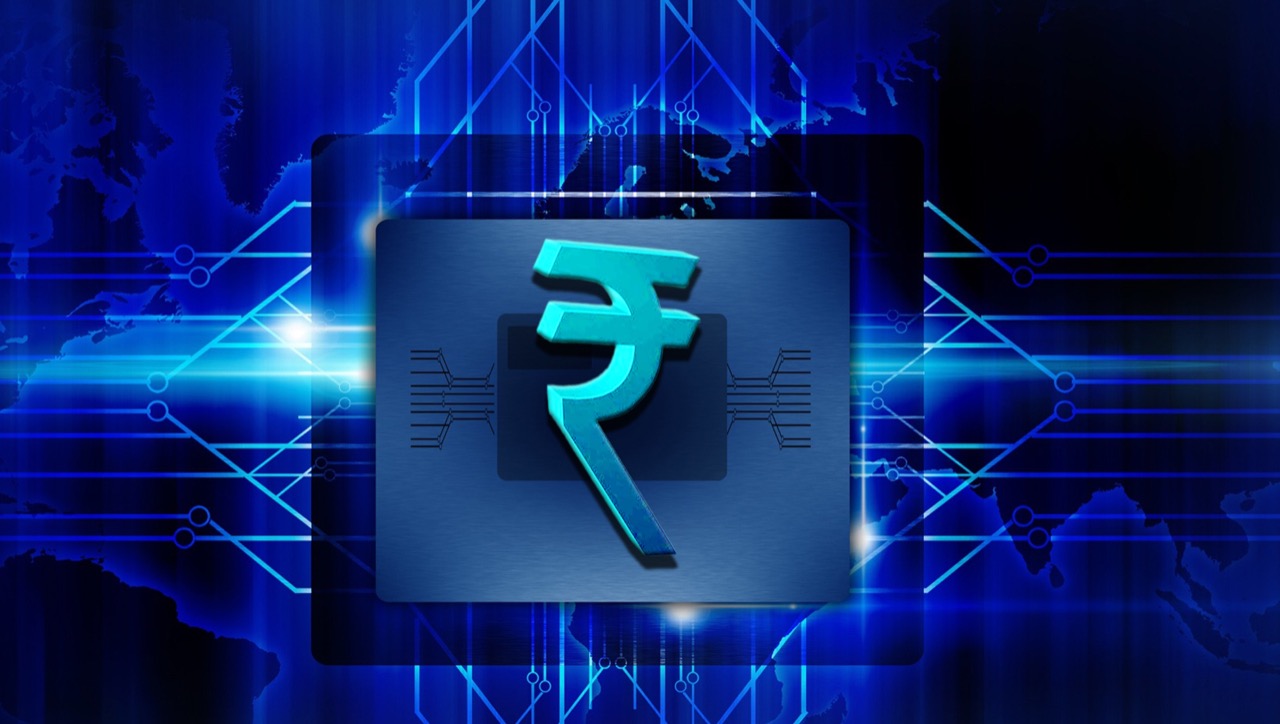Choudhary said for the Reserve Bank of India (RBI) that the CBDC will soon become the medium of trade and demand anonymity.
Ajay Kumar Choudhary, executive director of the Reserve Bank of India (RBI), said that offline functionality is now being tested for India’s newly created central bank digital currency (CBDC)—the digital rupee.
India’s central bank and regulatory body, the Reserve Bank of India (RBI), started the wholesale sector pilot for the digital rupee on November 1, 2022, with 50,000 customers and 5,000 merchants taking part in real-world testing.
As of February 25, more than $134 million and 800,000 transactions had been done with wholesale CBDCs.Choudhary said that the RBI is looking into how the CBDC works offline now that this goal has been met.
He told CNBC TV18 that the RBI is looking at how the CBDC could be used for international transactions and how it could work with other countries’ systems.
He added:
“We are eagerly looking forward to private sector and fintechs’ participation in CBDC. We will see their contribution, especially on offline and cross-border CBDC transactions.”
In addition, Choudhary, speaking on behalf of the RBI, said that the CBDC will soon become the medium of exchange and will need all the characteristics of physical money, such as anonymity.
The founding of the CBDC was motivated by India’s desire to increase regional financial inclusion and drive the digital economy.
Choudhary also said to CNBC TV18 that CBDC will ultimately replace cryptocurrencies. The national payment network of India, the unified payments interface (UPI), extended its services to Singapore on February 21.
The UPI PayNow integration allows people of India and Singapore to expeditiously transmit money across international boundaries.
Originally, four major Indian banks would handle outbound remittances: the State Bank of India, Indian Overseas Bank, Indian Bank, and ICICI Bank.
Axis Bank and DBS Bank India will ease the receipt of international remittances. The DBS Bank and Liquid Group of Singapore will provide the service to consumers in the area.












